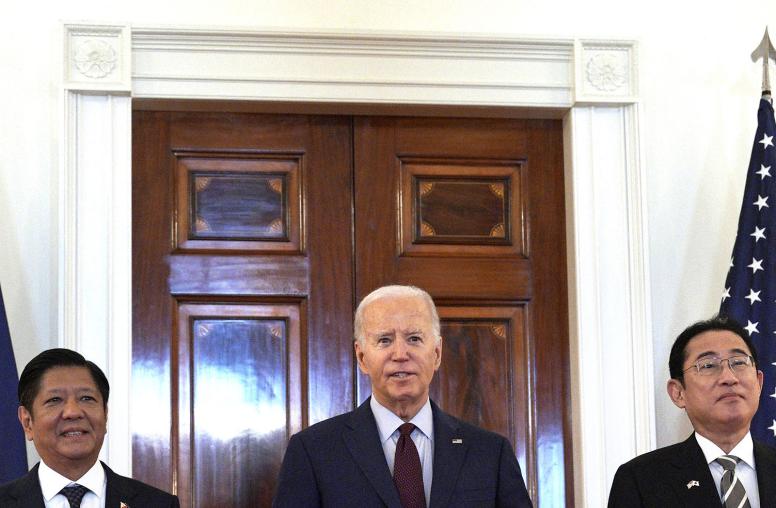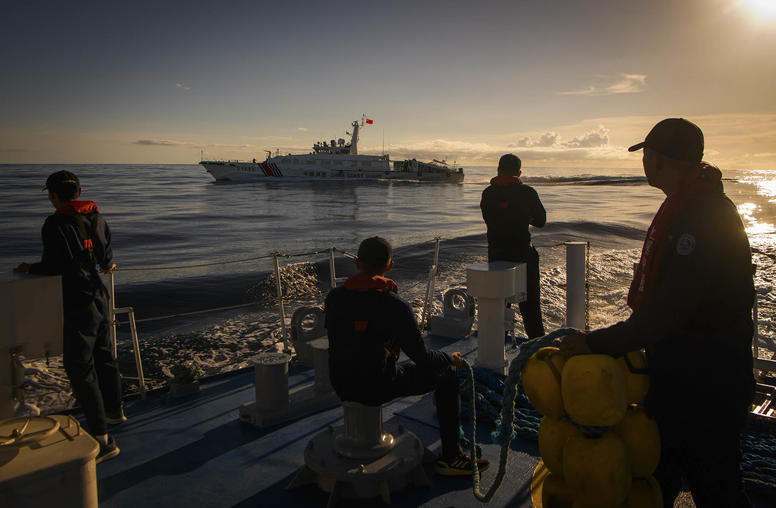Brian Harding
Contact
Please submit all media inquiries to interviews@usip.org or call 202.429.3869.
For all other inquiries, please call 202.457.1700
Brian Harding joined the U.S. Institute of Peace in May 2020 as a senior expert and has led a major expansion of USIP’s programming in Southeast Asia and the Pacific Islands, including the launch of new country programs in Vietnam, the Philippines and Papua New Guinea. He comes to USIP with more than 15 years of experience in Southeast Asian affairs in government, think tanks and the private sector.
Prior to joining USIP, Harding was deputy director of the Southeast Asia program at the Center for Strategic and International Studies, where he managed a range of projects focused on Southeast Asia’s political economy and U.S.-Southeast Asia relations.
Previously, he was director for East and Southeast Asia policy at the Center for American Progress, where he led an expansion of their work on Southeast Asia and Japan.
From 2009 to 2013, he served in the Office of the Secretary of Defense at the Pentagon as country director for Asian and Pacific security affairs. There, he managed defense relations with major U.S. partners in Southeast Asia and Oceania and played an instrumental role in several high-profile defense policy initiatives, including agreements to station U.S. Marines in Darwin, Australia, and littoral combat ships in Singapore.
In the private sector, Harding has advised many of the world’s most prominent companies and financial institutions on political risk and leadership dynamics in Southeast Asia, including in roles at Eurasia Group and Monitor 360.
Harding holds degrees from Middlebury College and The George Washington University and has studied at universities in Yogyakarta, Indonesia and Kyoto, Japan. In Southeast Asia, he has also been a Fulbright research fellow in Indonesia and taught English in Nong Khai, Thailand.




